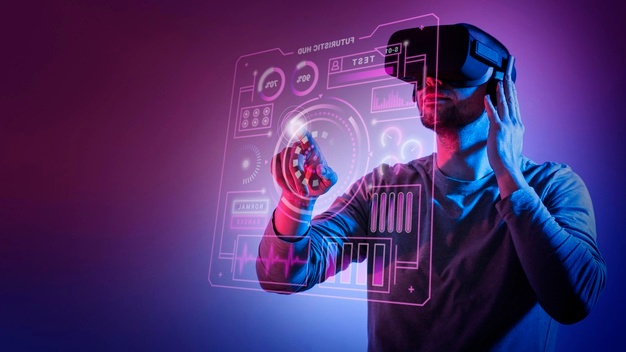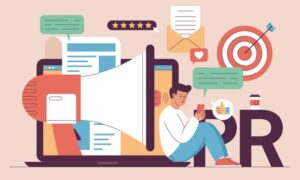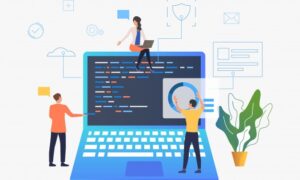Artificial Intelligence has been all over the news lately, with Elon Musk warning of its dangers and Mark Zuckerberg praising it as our savior. But what is artificial intelligence?
The definition for Artificial Intelligence varies depending on who you ask, but in general, AI is software that makes computers act like humans by learning from data or experience to solve problems. When this happens, AI can outsmart humans in activities that used to be considered our domain, such as chess or Go.
AI has already been used by businesses for a variety of tasks such as customer service, marketing, and even manufacturing. In fact, AI is predicted to contribute over $15 trillion to the global economy by 2030. So how can you and your business benefit from AI?
1. AI is a new term for an old concept
2. AI can be used to aid in decision-making and problem-solving
3. Artificial Intelligence is the science of creating intelligent machines that work and react as humans do
4. The first artificial intelligence was created by Alan Turing in 1950, called “The Turing Test”
5. Other examples of artificial intelligence are Siri and Alexa (virtual assistants)
6. Applications of AI include medicine, law enforcement, education, business management, engineering design, and robotics
There are many benefits of AI, some of which are:
Increased productivity
AI can help you automate tasks that would otherwise take up a lot of time. For example, imagine you’re a marketer and you need to analyze data from social media channels. With AI, you can use bots to do this for you instead of spending hours going through the data yourself. This will free up your time so that you can focus on other tasks.
Better decision making
AI can help you make better decisions by providing insights into data that would be difficult to see without it. For instance, if you’re a retailer, AI can help you understand customer behavior and preferences so that you can make more informed.
More accurate results
AI can help you deliver more accurate results by using data from multiple sources to produce the best outcome. For example, if you’re a researcher trying to find cures for diseases or an economist looking at economic trends, AI will be able to give better predictions because of the volume and quality of information it has access to.
AI can help you automate tasks that would otherwise take up a lot of time. For example, imagine you’re a marketer and you need to analyze data from social media channels. With AI, you can use bots to do this for you instead of spending hours going through the data yourself. This will free up your time so that you can focus on other tasks.
We hope these ideas have given you some inspiration on where AI can.
There are many ways AI can help businesses, but some of the most popular include:
- Automating tasks such as data entry and customer service
- Generating leads and sales through marketing
- Improving decision making through analytics
- Increasing efficiency and productivity with robotics
AI is quickly becoming a staple in business, so it’s important to start preparing now. If you’re not sure how to get started, don’t worry! There are plenty of resources out there to help you learn about AI and its applications. Stay ahead of the curve and join the AI revolution!
Concluson
artificial intelligence is the future of marketing. As you may know, artificial intelligence has a lot of different uses in today’s world – from being able to do your taxes for you or translating text into another language with little human input. AI can be used by businesses as well, but not just any business will see success with it. In order for an enterprise application of artificial intelligence to succeed, it needs two things: machine learning capabilities and high-quality data sets that are “already clean.” While these requirements might seem daunting at first glance, they’re actually relatively easy if approached correctly!



































































